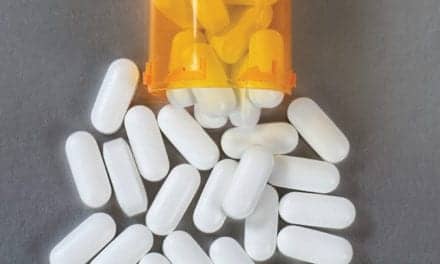Scientists have developed a blood test to tell whether someone has skipped a night’s sleep, moving one step closer to developing a test for driver sleepiness. The breakthrough could help law enforcement to identify suspected drowsy drivers in road traffic accidents, or to assist employers in assessing fitness for duty, such as in the aviation sector.
For this unique study from the sleep research center at the University of Surrey, lead investigator Derk-Jan Dijk, PhD, asked 36 participants to skip one night of sleep. During this 40-hour period of sleep deprivation, the team collected blood samples and measured changes in the expression levels of thousands of genes. A machine learning algorithm identified a subset of 68 genes and detected with 92% accuracy whether a sample was from a sleep-deprived or well-rested individual.1
This breakthrough discovery paves the way for the development of a test able to assess sleep deprivation in drivers. Previous research in this area from the AAA Foundation for Traffic Safety has shown that drivers who get just 1 to 2 hours less than the recommended daily allowance of sleep in a 24-hour period nearly double their risk for a car crash.
“We all know that insufficient sleep poses a significant risk to our physical and mental health, particularly over a period of time. However, it is difficult to independently assess how much sleep a person has had, making it difficult for the police to know if drivers were fit to drive, or for employers to know if staff are fit for work,” says Emma Laing, PhD, senior lecturer in bioinformatics at the University of Surrey.
“Identifying these biomarkers is the first step to developing a test which can accurately calculate how much sleep an individual has had,” adds Simon Archer, PhD, professor of molecular biology of sleep at the University of Surrey. “The very existence of such biomarkers in the blood after only a period of 24-hour wakefulness shows the physiological impact a lack of sleep can have on our body.”
Lead investigator Dijk, who serves as director of the sleep research center at the University of Surrey, takes an even longer view. “This is a test for acute total sleep loss; the next step is to identify biomarkers for chronic insufficient sleep, which we know to be associated with adverse health outcomes,” he says.
Reference
- Laing EE, Möller-Levet CS, Dijk DJ, Archer SN. Identifying and validating blood mRNA biomarkers for acute and chronic insufficient sleep in humans: a machine learning approach. Epub ahead of print, September 24, 2018; doi: 10.1093/sleep/zsy186.




